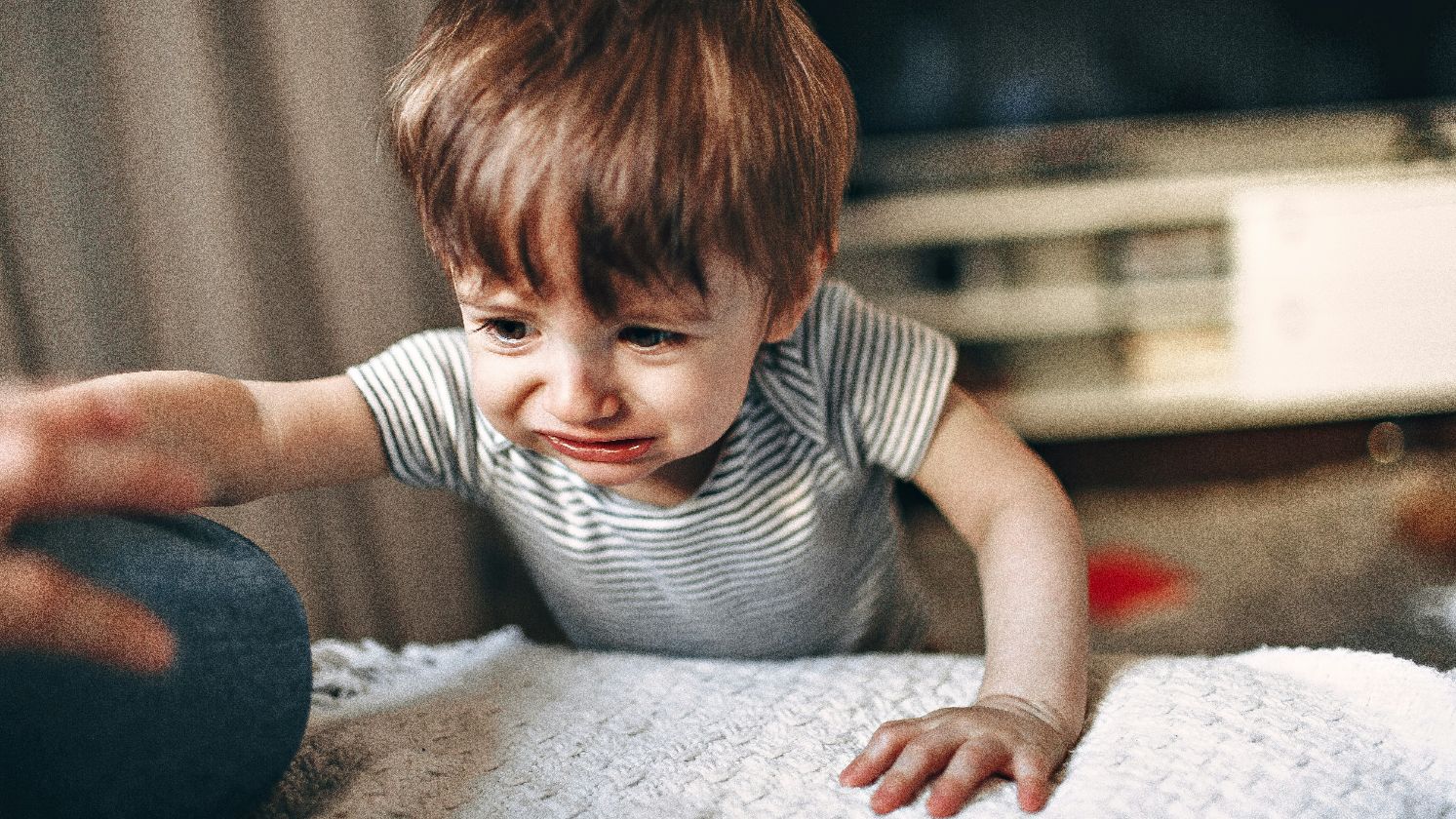Raising Emotionally Intelligent Kids: How to Help Children Manage Big Emotions in a Reactive World
Raising Emotionally Intelligent Kids: How to Help Children Manage Big Emotions in a Reactive World
Today’s kids are growing up in an environment filled with constant stimulation. We’re all juggling jam-packed schedules, digital distractions, and a world that often feels louder and more reactive than ever. For many parents, this brings a familiar challenge: helping children navigate big emotions in a landscape where even us adults often feel overwhelmed. Emotional intelligence isn’t just a nice skill to have. It’s one of the strongest predictors of lifelong success, resilience, and healthy relationships. And the good news is that it’s entirely teachable.
Why Emotional Intelligence Matters More Than Ever
Emotional intelligence (often called EQ) involves recognizing, understanding, and managing emotions. This involves our own emotions and those of others. Children with higher emotional intelligence tend to have stronger social skills, better problem-solving abilities, and greater academic success. They’re also more resilient, meaning they recover more easily from stress and setbacks.
In a reactive world where kids are exposed to constant input, from social media to peer pressure to academic expectations, EQ acts like an internal stabilizer. Without these skills, big emotions such as anger, frustration, sadness, or anxiety, can feel overwhelming and unmanageable.
The Importance of Teaching Kids to “Feel First, Fix Later”
Children often look to adults to make sense of their emotional experiences. A common parenting instinct is to immediately jump into problem-solving mode. We quickly offer solutions, shutting down negative feelings or redirecting the child as quickly as possible. But neuroscience shows that kids can’t reason effectively when they’re emotionally flooded. The brain’s emotional center activates long before the rational part is available.
Validating children’s feelings—not approving of the behavior, but acknowledging the emotion—helps calm their nervous system. Try simple phrases like:
“I see you’re really frustrated.”
“That was a big feeling.”
“It makes sense you’d feel upset.”
These small calibrations build trust. Their capacity for emotional awareness, along with the ability to self-regulate, expands.
How Parents Can Model Emotional Intelligence
Children learn emotional regulation primarily through co-regulation: the process by which a calm adult helps a child move from dysregulation to stability. When parents model healthy coping strategies—using a steady tone, naming their feelings, taking a moment to breathe—children internalize these tools.
Research shows that kids who observe adults managing stress thoughtfully are more likely to develop strong emotional skills themselves. This doesn’t mean parents need to be perfectly calm all the time. In fact, letting kids see you acknowledge emotions (“I’m feeling overwhelmed right now; I’m going to take a breath”) teaches them that emotions are normal and manageable.
Practical Ways to Build Emotional Intelligence at Home
Parents can support emotional intelligence through small, consistent practices:
Name emotions regularly. Practice what renowned psychiatrist Dr. Dan Siegel says: “name it to tame it.” Help children build an emotional vocabulary so feelings become understandable rather than scary.
Use visual tools. Emotion charts and simple visual cues provide structure for kids who struggle with verbal expression.
Teach calming strategies. Deep breathing, movement breaks, and sensory tools are effective ways to lower emotional intensity.
Encourage problem-solving—after calming. Once a child is regulated, explore what happened and how they might handle it next time.
Limit overstimulation. Downtime, play, and tech-free moments help prevent emotional overload in the first place.
Helping Kids Thrive in a Reactive World
Raising emotionally intelligent kids isn’t about eliminating big emotions. We are trying to teach children that feelings are information, not threats. Giving them the tools to safely navigate these feelings is proactive and protective. In a world that often reacts quickly and harshly, emotionally intelligent children grow into adults who can better pause, reflect, and respond with compassion.
And that’s a gift they’ll carry for life.










